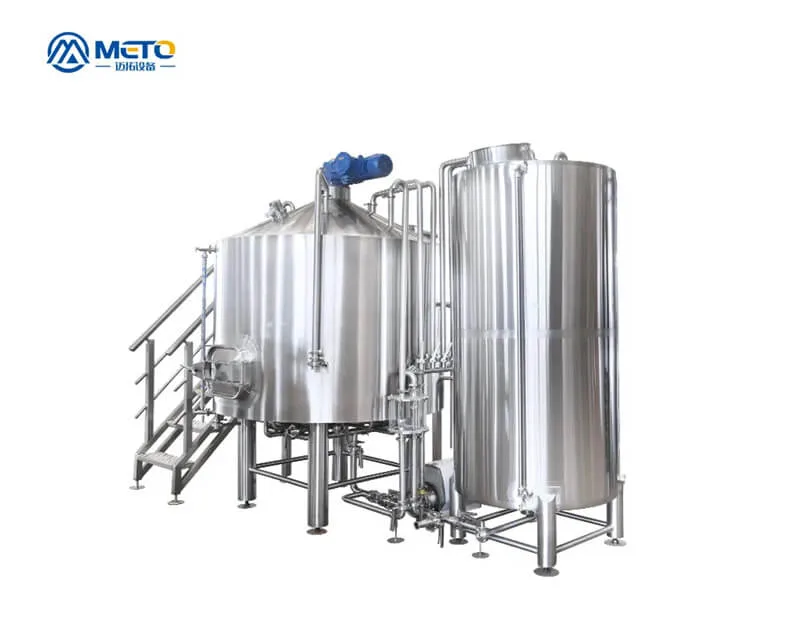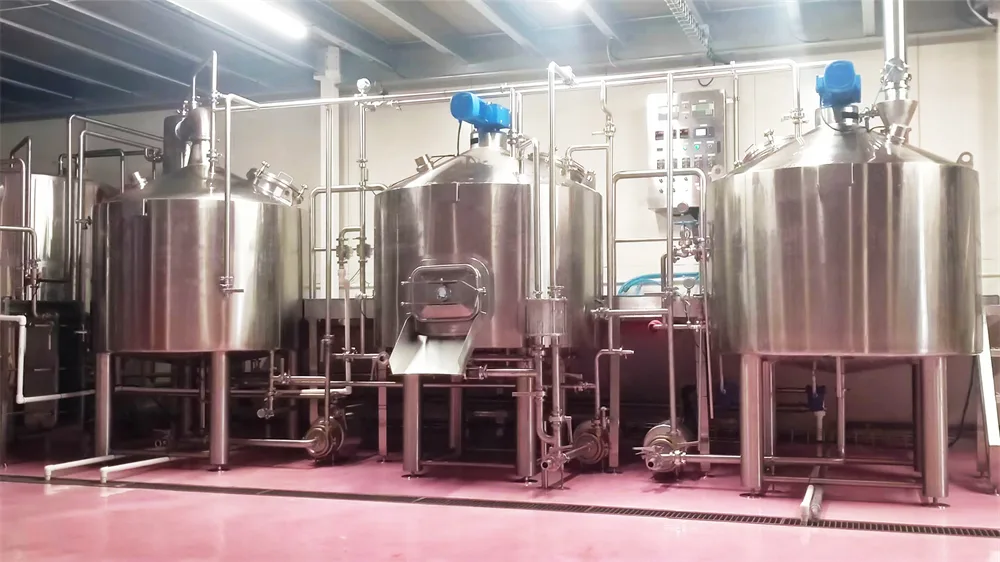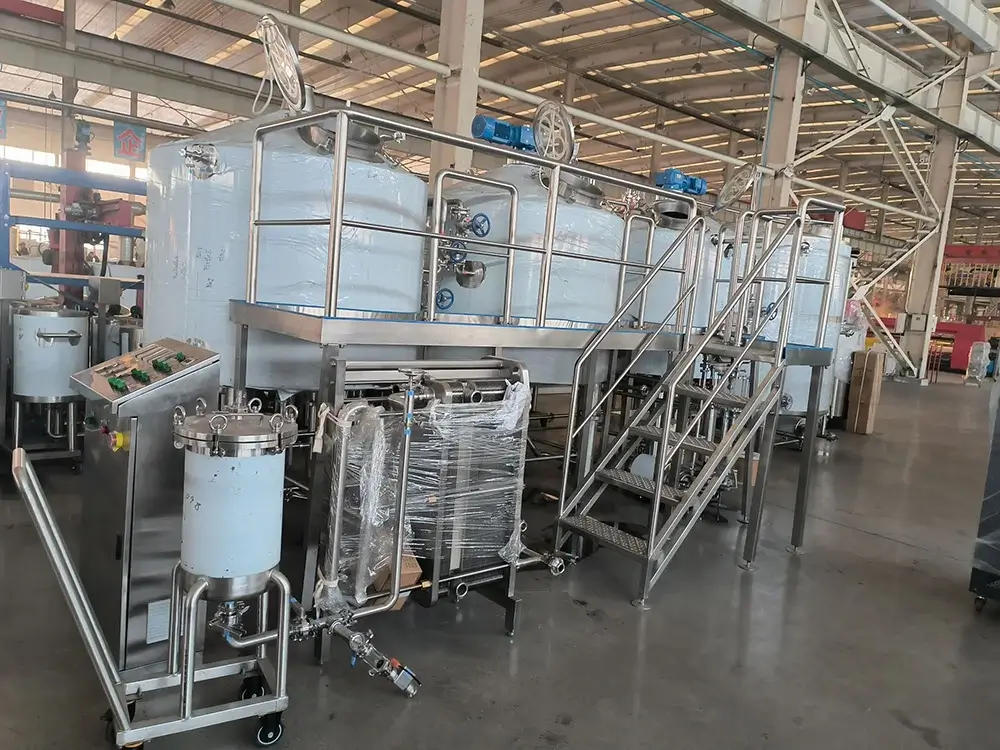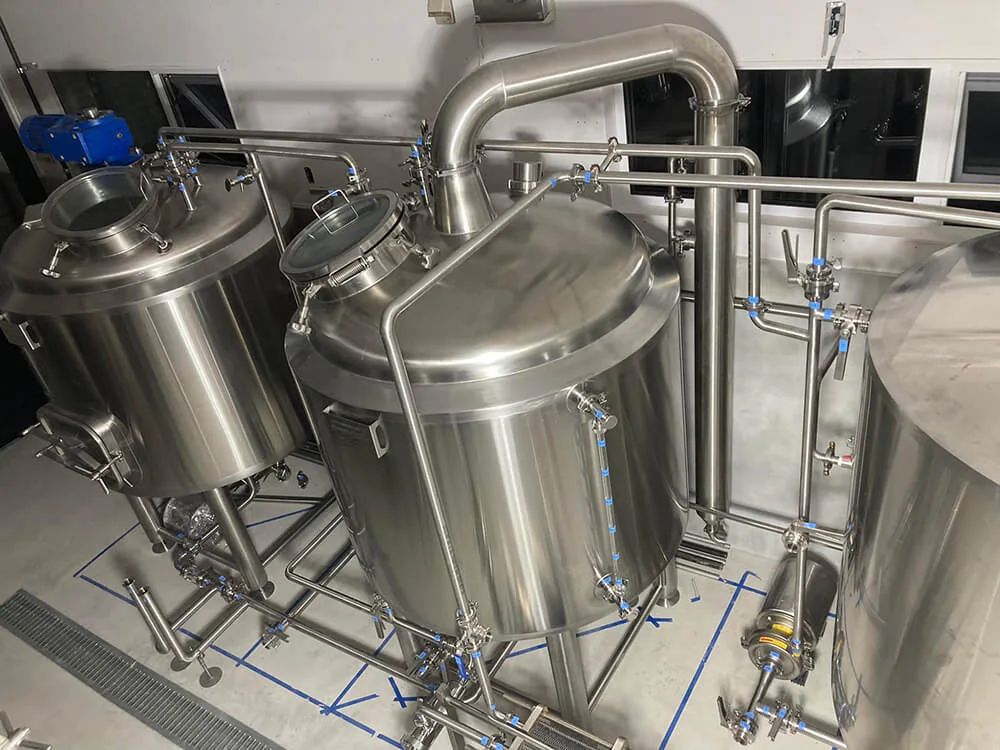At the core of every batch is the SCOBY—short for Symbiotic Culture Of Bacteria and Yeast. Often mistaken for a mushroom (it’s not!), this gelatinous biofilm is a living microbial ecosystem that transforms sweet tea into a complex, effervescent drink.
How It Works
Kombucha fermentation unfolds in two key stages:
- Yeast activity: Yeasts (such as Saccharomyces and Brettanomyces) consume sugar and produce ethanol and CO₂.
- Bacterial conversion: Acetic acid bacteria (Acetobacter, Gluconobacter) convert that ethanol into organic acids—mainly acetic and gluconic acid—creating kombucha’s characteristic tartness and low pH (2.5–3.5).
This acidic environment not only defines the flavor but also naturally inhibits harmful microbes, making fermentation a crucial food safety step.
Why SCOBY Health Matters
- Flavor consistency: A balanced microbial culture ensures stable acidity, sweetness, and carbonation.
- Fermentation efficiency: A strong SCOBY acidifies quickly, minimizing contamination risk.
- Reusability: Healthy SCOBYs can be reused for many batches and “grow” new layers—ideal for scaling production.
Caring for Your Culture
- Use non-chlorinated, filtered water and black or green tea (avoid oils or herbal blends).
- Maintain 68–82°F (20–28°C)—too cold slows fermentation; too hot kills beneficial microbes.
- Always use food-grade, non-reactive materials (glass or 304/316 stainless steel).
- Store unused SCOBYs in a “hotel” of sweet tea at room temperature, feeding every 4–6 weeks.
💡 Pro Tip: A new SCOBY should appear as a smooth, white layer on the surface. If you see fuzzy green or black spots—it’s mold. Discard the entire batch immediately.
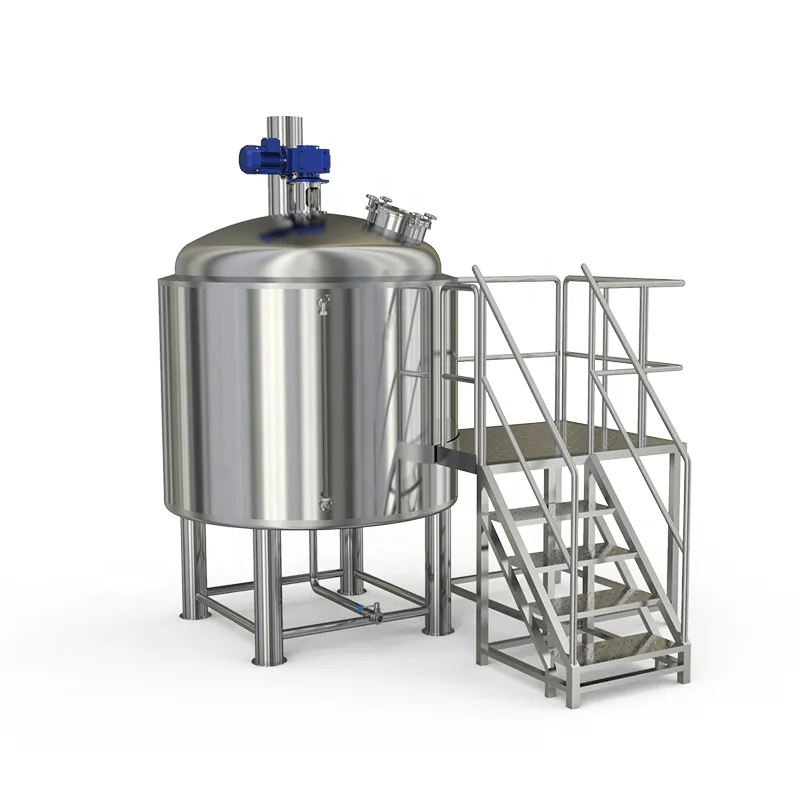
Essential Equipment for Professional Kombucha Brewing
Home brewers may rely on jars and cloth covers, but commercial kombucha production demands hygiene, consistency, and scalability. Even small upgrades in equipment can yield major gains in quality and efficiency.
1. Brew Kettle
Stainless steel kettles with precise temperature control ensure consistent tea extraction and sugar dissolution—key for reproducible results.
2. Fermentation Tanks
Food-grade stainless steel tanks with:
- Temperature regulation (jacketed or glycol-cooled)
- Controlled airflow (HEPA-filtered vents)
- Gentle agitation for even fermentation
These features optimize SCOBY activity and minimize contamination.
3. Filtration & Bottling Systems
Clean transfer systems—plate filters, filling machines, or canning lines—preserve carbonation and flavor integrity.
4. Refrigeration Units
Cold crashing halts fermentation, stabilizing taste. Cold storage after packaging prevents over-carbonation and spoilage.
5. Cleaning & Sanitization Systems
CIP (Clean-in-Place) systems or dedicated sanitizing stations are non-negotiable for maintaining food-grade hygiene.
Advanced Add-Ons for Quality and Scale
- Brite Tanks: For secondary fermentation, flavor infusions, and carbonation under pressure.
- Water Treatment Systems: Reverse osmosis or carbon filtration ensures purity and mineral balance.
- Lab Testing Kits: Monitor pH, Brix, and ABV (<0.5% for non-alcoholic labeling).
- Process Automation: PLC-controlled systems provide data logging, traceability, and consistent results.
- Material Handling: Pallet jacks, ingredient silos, and conveyors streamline production workflow.
The Bottom Line: Respect the Biology, Invest in Quality
Kombucha isn’t just brewed—it’s cultivated. Every factor, from your water chemistry to the finish of your tank interior, shapes the microbial ecosystem and final product quality.
For home brewers: Stay clean, stay consistent, and pay attention to your SCOBY.
For commercial producers: Focus on hygienic design, thermal control, and data-driven precision—your customers and regulators will notice the difference.
In the end, the best kombucha is more than fizzy and tart—it’s safe, stable, and soulful, a perfect blend of craftsmanship and microbial harmony.
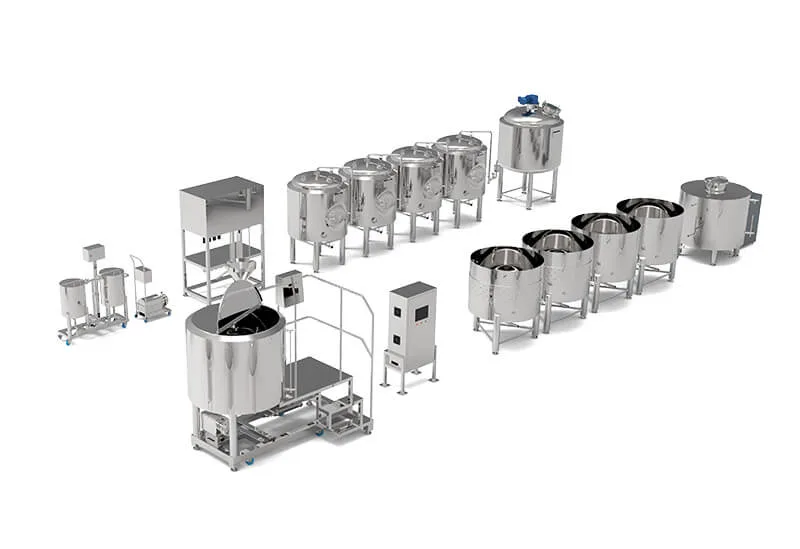
Ready to Elevate Your Kombucha Production?
Discover our full range of fermentation tanks, CIP systems, and turnkey kombucha brewing equipment designed specifically for living beverages.
👉 [Contact us today] to start building your next-generation kombucha facility.

